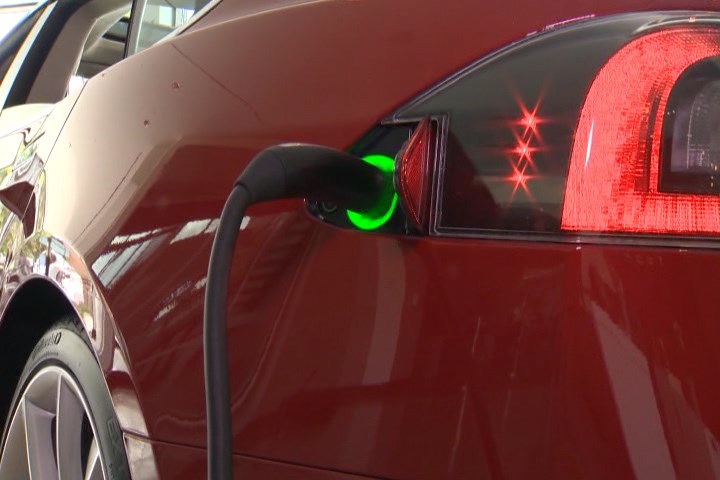Longmont is vying for a $4 million grant to accelerate plans to electrify the city’s cars and trucks and produce a carbon-free transportation system by 2030.
City council, Tuesday, approved sending a letter to accompany an application for a U.S. Department of Energy’s Low Greenhouse Gas, or GHG, Vehicle Technologies Research, Development, Demonstration and Deployment grant.
The grant will support the city’s road map to create an equitable carbon free city. The city is also producing a Transportation Electrification Playbook in partnership with the National Renewable Energy Laboratory, orNREL.
“This playbook could be used by other cities interested in expanding electric vehicle use and infrastructure to improve air quality and reduce greenhouse gas emissions in an equitable and inclusive manner,” a city staff report to the city council states.
The maximum grant award is $4 million and the required match funding is 50% of the project cost, which can be provided in cash or in kind, the city staff report states. The total cost of the project is still under development, the report states.
The city’s application to the Department of Energy for the grant states Longmont needs to switch to electric vehicles to prevent further health problems caused by air pollution.
The city is a hub for transportation and sits in the center of “some of the worst air quality in the country,” the application states. Ozone-forming emissions can aggravate asthma and incidents of respiratory disease are higher than other areas of the state, the document states.
The city in 2021 published its Equitable Carbon-Free Transportation Roadmap which lays out plans for an equitable carbon-free transportation system by 2030, setting the city up to reach its emission goal by 2050, the application states.
The grant would help Longmont accelerate its plans for vehicle electrification and introduce equity considerations in its plans, the city states.
Key aspects of the city’s electrification project includes:
- Assess and deploy Levels 2 and 3 chargers in multi-family properties, working first in disproportionately impacted and underserved communities.
- Electrify the city’s on-demand transit vehicles in partnership with the nonprofit mobility group and city shuttle services for seniors and youth services.
- Electrify the city’s passenger light duty fleet and perform an analysis on the rest of the fleet to recommend a transition plan for an all-ZEV fleet.
- Assess overnight charging opportunities in communities without residential charging.
- Support the development of a training program at local high schools, technical and community colleges to train mechanics and electricians specializing in EVs and EV infrastructure.



